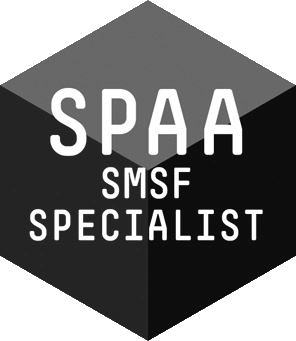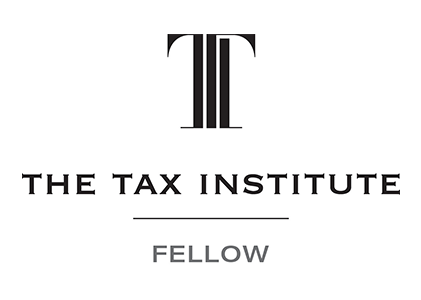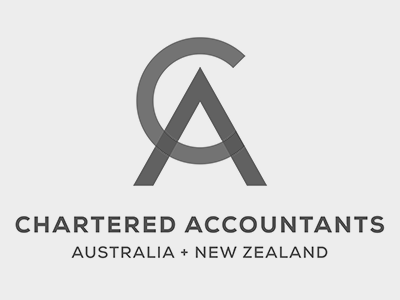
A general law partnership is formed when two or more people (and up to, but no more than, 20 people) go into business together. Partnerships are generally set up so that all partners are equally responsible for the management of the business, but each also has liability for the debts that business may incur.
Partnership deduction for certain interest expenses
A typical scenario when launching a business based on a general law partnership structure sees each partner advance some capital to start up the enterprise. As the income years come and go, each partner takes a share of the profit and counts this as part of their personal assessable income for tax purposes.
However as the business becomes established, or better yet proves to be viable and becomes a successful operation, there is likely to come a time when its working capital — which had been financed from each partners’ pocket — can be refinanced through the partnership business borrowing funds.
For such partnerships, there is a “refinancing principle” under tax law that spells out some general principles governing the deductibility of loan interest in such circumstances.
As a general rule, interest expenses from a borrowing to fund repayment of money originally advanced by a partner, and used as partnership capital, will be tax deductible. This is covered in tax ruling TR 95/25 (you can ask this office for a copy).
The ruling states that to qualify for a tax deduction, the interest expense “must have sufficient connection” to the assessable income producing activities of the business, and must not be “of a capital, private or domestic nature”.
However interest on borrowings will not continue to be deductible if the borrowed funds cease to be employed in the borrower’s business or income producing activity. Nor will deductibility be maintained should borrowed funds be used to “preserve assessable income producing assets”. There is also a limitation on deductibility of loan interest in that borrowings to repay partnership capital can never exceed the amount contributed by the partners.
The ability to make these interest expense deductions under the “refinancing principle” is generally limited to general law partnerships — and not tax law partnerships such as those used to jointly purchase an investment property. This principle would also not apply to companies or individuals. (There are very prescribed conditions where, for example, a company may make such a claim, but under very specific circumstances.)
Other partnership facts and foibles
Partnerships can be less expensive to set up as a business structure than starting business as a sole trader, as there will likely be greater financial resources than if you operated on your own. On the flip side however, you and your partners are responsible for any debts the partnership owes, even if you personally did not directly cause the debt.
Each partner's private assets may still be fair game to settle serious partnership debt. This is known as “joint and several liability” – the partners are jointly liable for each other's debts entered into in the name of the business, but if any partners default on their share, then each individual partner may be severally held liable for the whole debt as well.
Other general factors to note about partnerships include:
- the business itself doesn't pay income tax. Instead, you and your partners will each need to pay tax on your own share of the partnership income (after deductions and allowable costs)
- the business still needs to lodge a tax return to show total income earned and deductions claimed by the business. This will show each partner's share of net partnership income, on which each is personally liable for tax
- if the business makes a loss for the year, the partners can offset their share of the partnership loss against their other income
- a partnership does not account for capital gains and losses; if the partnership sells a CGT asset, then each partner calculates their own capital gain or loss on their share of that asset
- the partnership business is not liable to pay PAYG instalments, but each partner may be, depending on the levels of their personal income
- as a partner you will need to take care of your super arrangements, as you are not an employee of the business
- money drawn from the business by the partners are not “wages” for tax purposes.
Lastly, as with any business, the partnership will need an ABN and will need to register for GST if the business's annual turnover is more than $75,000 (before GST).
Expanding the empire (and retaining the CGT main residence exemption)
A question that surfaces now and then in regard to capital gains is whether the main residence exemption extends to additional land acquired after the time of acquisition of the residence.
The short answer is yes — provided that certain requirements are met. It should also be noted that where the exemption applies upon satisfaction of the following requirements, it applies to both pre- and post-CGT dwellings (before and after 20 September 1985).
The requirements are:
- the additional land (including the area of land on which the dwelling is built) is adjacent to that on which the dwelling is situated;
- the total area of land is not greater than two hectares;
- the additional land is used primarily for private or domestic purposes in association with the dwelling; and
- the CGT event that happens in relation to the additional land also happens in relation to the dwelling (that is, your ownership interest in it).
To further explain, the ATO has provided an example.
Tom and Mary purchase a home in 1987 and occupy it as their main residence. The home has never been used for income producing purposes.
In 1989, they purchase the vacant block of land that adjoins the land on which their dwelling is situated and construct a private swimming pool. The total of the area of adjacent land and the area of the land on which the home is situated is less than 2 hectares.
In 2001, they enter into a contract to sell the home with the adjoining block. A full main residence exemption is available.
Tax Store Accountants Fountain Gate.
Our Management Credentials





